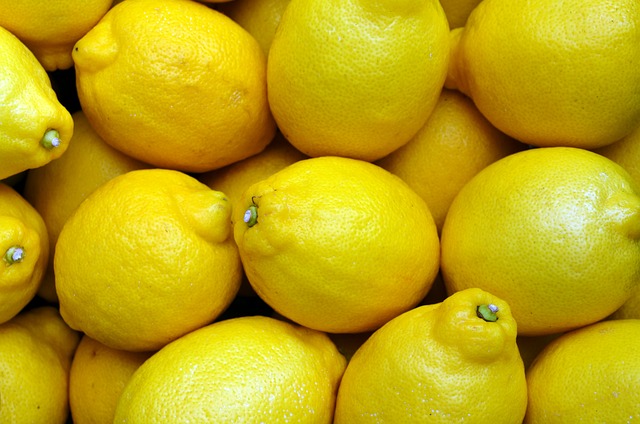Nature’s Hidden Gems: Discovering the Natural Sources of Probiotics
Probiotics have gained considerable popularity in recent years for their potential health benefits. These live microorganisms, often referred to as “good bacteria,” are known to support gut health, aid digestion, boost the immune system, and even improve mental well-being.
While probiotics are commonly available in supplement form, nature provides us with an abundance of natural sources that can be incorporated into our diet. Let’s delve into some of nature’s hidden gems – the natural sources of probiotics.
Yogurt
One of the most well-known and easily accessible sources of probiotics is yogurt. Made by fermenting milk with live bacteria cultures, yogurt is a delicious and nutritious way to introduce probiotics into your diet. Look for yogurts that contain active or live cultures to ensure you’re getting the full benefits.
Sauerkraut
Sauerkraut, a traditional dish made from fermented cabbage, is not only a great source of probiotics but also rich in vitamins C and K. The fermentation process results in the growth of beneficial bacteria, making sauerkraut a tangy and probiotic-rich addition to sandwiches, salads, or even as a side dish.
Kefir
Kefir, a fermented milk drink similar to yogurt, is an excellent source of probiotics. It is made by adding kefir grains to milk, which contain a combination of bacteria and yeast. This process results in a rich and creamy beverage that can be enjoyed on its own or used as a base in smoothies or overnight oats.
Kombucha
Kombucha, a fizzy and tangy tea-based drink, has gained significant popularity as a probiotic-rich beverage. It is made by fermenting sweetened tea with a culture of bacteria and yeast, known as the “SCOBY” (Symbiotic Culture of Bacteria and Yeast). Kombucha is not only refreshing but also provides a dose of probiotics and antioxidants.
Miso
Miso, a staple ingredient in Japanese cuisine, is a fermented paste made from soybeans, rice, or barley. It is known for its unique umami flavor and is often used in soups and marinades. Miso contains several strains of beneficial bacteria and provides a range of health benefits, including improved digestion and immune support.
Tempeh
Tempeh, a popular meat substitute made from fermented soybeans, is a probiotic powerhouse. With a nutty flavor and firm texture, tempeh can be cooked in various ways, making it a versatile ingredient in vegetarian and vegan dishes. In addition to probiotics, tempeh is a good source of protein, fiber, and nutrients like iron and calcium.
Kimchi
Kimchi, a traditional Korean side dish, is made by fermenting vegetables, typically cabbage, with a variety of seasonings. It is spicy, tangy, and packed with probiotics, vitamins, and minerals. Kimchi can be enjoyed on its own, served as a side dish, or added to stir-fries and rice dishes to add a flavorful kick.
Conclusion
Nature’s hidden gems offer a wide array of natural sources of probiotics, providing us with delicious and nutritious options to improve our gut health. Incorporating probiotic-rich foods like yogurt, sauerkraut, kefir, kombucha, miso, tempeh, and kimchi into our diet can help support a healthy gut microbiome and enhance overall well-being. So, why not explore these natural sources and unlock the benefits of probiotics today?







